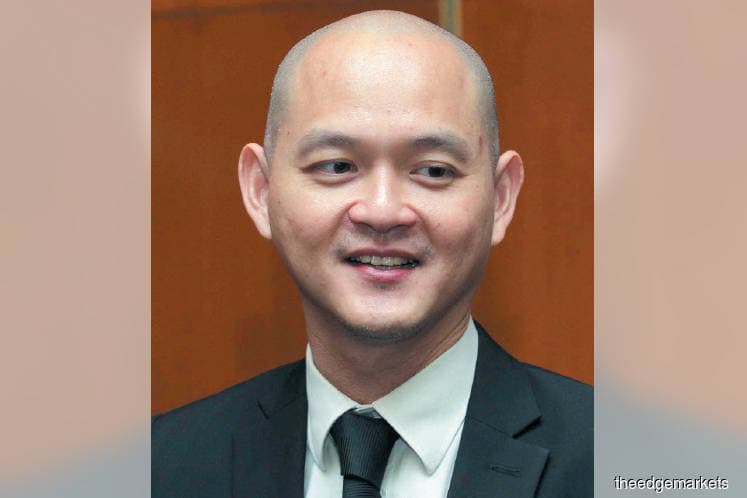
This article first appeared in The Edge Financial Daily on January 25, 2019
KUALA LUMPUR: The ministry of international trade and industry (Miti) has pledged to optimise tax incentive deliberations for qualified locally assembled vehicles to expedite approvals of car prices in Malaysia.
Yesterday, Deputy Minister Dr Ong Kian Ming outlined three strategies to meet this commitment, including more meetings by the ministry's Automotive Business Development Committee (ABDC) — which will now be twice a month instead of once a month previously. The ABDC is tasked to deliberate on applications for the industrial linkage programme (ILP) and customised incentives for energy efficient vehicles (EEV).
Ong said committee’s meeting dates throughout the year have been identified and will be circulated to the industry to reduce turnaround time for applications processing.
The second strategy involves a strengthened process flow and client charter for ABDC with regards to members of Malaysian Automotive Association (MAA) to ensure timeliness and transparency in the process of evaluating incentive applications, according to Ong.
“This is something that Miti is currently drawing up and also an area where I think has been welcomed by MAA,” he said.
Thirdly, the cost and benefit analysis (CBA) for EEV customised incentive applications will be reviewed to ensure a fair and equitable evaluation process.
Ong acknowledged that the CBA process, currently undertaken by the Malaysia Automotive, Robotics and IoT Institute (MARii), needs to be explained in greater detail to the industry, as well as updated, to take into account new conditions in car manufacturing/automotive sector.
"MARii will continue to have very close consultations with industry players in regards to the details of the CBA, and I have committed that I will personally undertake to work together with MARii and the industry to make sure that whatever details that are requested will be transparent and clear to all.
"We want to make the process of refining and updating the CBA to be as clear as possible to industry players so that the ABDC process can be sped up and the issues that have been raised by the MAA with regards to some of the delays that may have occurred last year will be minimised moving forward," Ong added.
On the extent of incentives offered, Ong declined to disclose, but gave an assurance that the car prices will be reduced in proportion to the duty exemptions manufacturers get. While the government may collect less excise duty per unit because of that, Ong said the loss can be regained by higher volume sold as cars will be cheaper.
“So it's a win-win for everyone — MAA members can sell more cars, consumers get the benefit of lower car prices, and the MoF (Ministry of Finance) gets to collect more in excise taxes on the whole because of increased volume. This is something we want to work towards,” he said.
Also present at the briefing was MAA president Datuk Aishah Ahmad, who said she is happy with the progress of the engagements and commitments from the ministry so far. She hopes Miti's commitment will expedite car pricing approvals.
"We hope that in the future, whenever we request for incentives in order to get pricing approvals, it will be sped up. That was our issue before because we were really waiting for many models to get approvals last year," she said.
Aishah, however, did not reveal how badly MAA members were affected by the delay, but indicated that stocks have piled up due to the hold up.
“There are some members who have 12,000 units of stocks in their yard and this is where it is very important for the approvals to come out as per the time frame that has been agreed on,” she said.
Last week, Aishah chided the government for delays in granting approvals for new car models' pricing, saying this was due to the MoF's refusal to make decisions on tax incentives for locally-assembled vehicles, as the issue had been passed to ABDC. The problem, Aishah said, had affected MAA members' plan to launch new vehicles in 2019.
In response, Miti clarified that the decision-making by the committee is to ensure transparency so that applications were not approved without comprehensive evaluations.